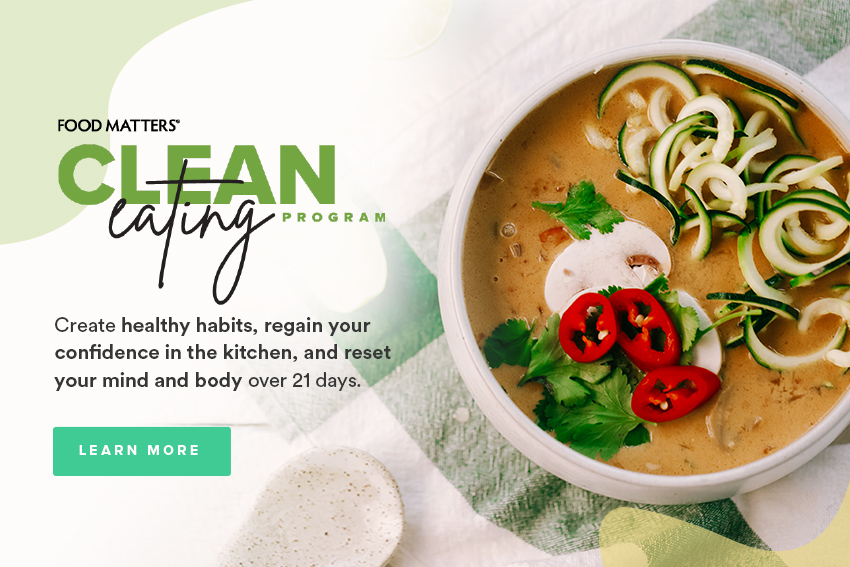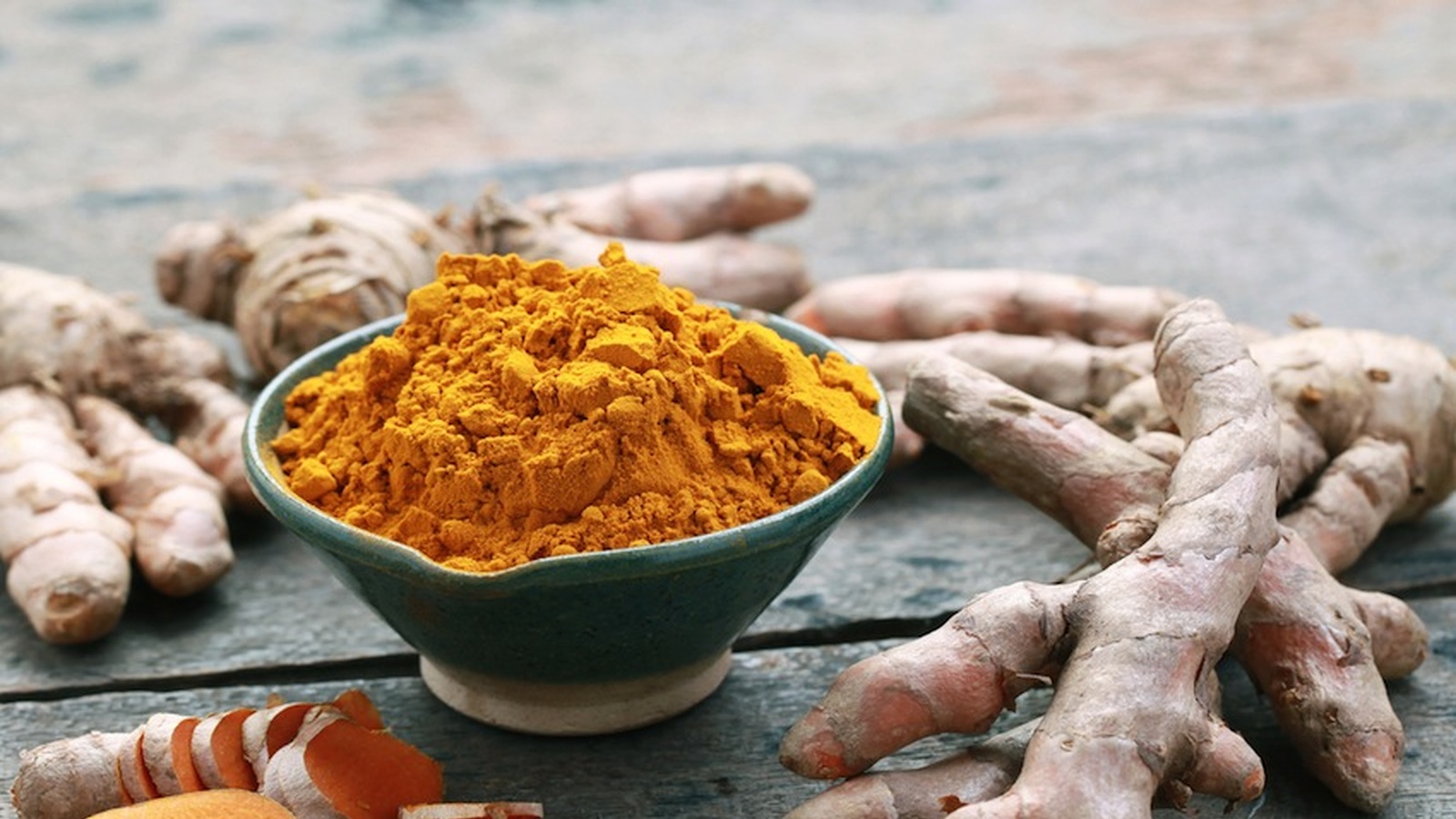5 Turmeric Benefits and Delicious Ways to Use It
Considered a staple in South Asian cooking and an integral part of Chinese and Ayurvedic medicine for thousands of years, turmeric is finally getting the attention it deserves in the west. This powerful little spice goes way beyond adding flavor to curries and giving yellow mustard its bright color. It’s also packed with healing properties thanks to curcumin, its active ingredient. This beneficial compound turns turmeric into a nutritional powerhouse, aiding in everything from reducing the risk of heart disease to keeping our brains sharp. Check out these five reasons to add turmeric to your diet.
1. Turmeric Reduces Inflammation Naturally
There’s a reason why alternative therapies have long turned to turmeric. It’s a natural way to reduce inflammation in the body. Because inflammation is the underlying cause of chronic diseases, this means turmeric can help protect us from illnesses ranging from diabetes to autoimmune diseases. Proving that nature knows what it’s doing, research has found that turmeric is more effective than many over-the-counter drugs in fighting inflammation, including aspirin and ibuprofen.
2. Turmeric Keeps Alzheimer’s At Bay
Turmeric’s antioxidant and anti-inflammatory properties have also been shown to boost cognitive function in people with Alzheimer’s disease. That’s because the curcumin in turmeric is able to break through the plaques that form in the brains of individuals with Alzheimer’s, improving overall memory. And in Alzheimer’s patients experiencing irritability, agitation, and anxiety, regularly taking turmeric eased symptoms, increasing quality of life.
3. Turmeric Protects Against Heart Disease
Turmeric quietly works behind the scenes to prevent the buildup of “bad” cholesterol, protecting the body against plaque buildup, also known as atherosclerosis, which can block arteries and eventually lead to a heart attack or stroke. Additionally, curcumin has been found to reduce the risk of heart failure and could prevent abnormal heart rhythms — talk about a heart-healthy addition to the dinner table!
4. Turmeric Might Prevent Cancer
While more research is needed, turmeric’s ability to prevent or treat cancer is quite promising. One small study of people with precancerous changes in their body found that curcumin seemed to prevent cancer from developing. And in rats exposed to substances that cause cancer, those treated with turmeric were protected from colon, skin, and stomach cancers.
5. Turmeric Could Stop Diabetes In Its Tracks
Turmeric could also be the answer in preventing diabetes from developing. One randomized, placebo-controlled study among pre-diabetics gave participants either curcumin extract or a placebo for nine months. At the end of the study, none of the individuals given curcumin developed Type 2 diabetes, though 16 percent of the placebo group did. It’s also been proven to improve metabolic function and reduce plaque buildup in people with Type 2 diabetes, reducing the risk of cardiovascular disease.
It’s clear that turmeric is terrific for our bodies. But what are the best ways to enjoy the benefits of the spice? Turmeric is most commonly sold as a powder in the spice aisle or as a root, which can be grated like ginger. Try adding it to your morning eggs or seasoning roasted veggies with it. Turmeric is especially tasty with cauliflower, green beans, and potatoes. Sprinkle it atop soups or use fresh turmeric in green juices or teas. I enjoy blending raw turmeric in salad dressings, though I also take it as a daily supplement to ensure you I get my daily dose!
If you’re looking for an all-natural way to pack a healing punch to your diet, turmeric is a great option.
What are your favorite ways to use turmeric?
Take the stress out of cooking with 21-days of guided meal plans, shopping lists, and nutrition support. You’ll find all of this, and more, in our signature Clean Eating Program.


